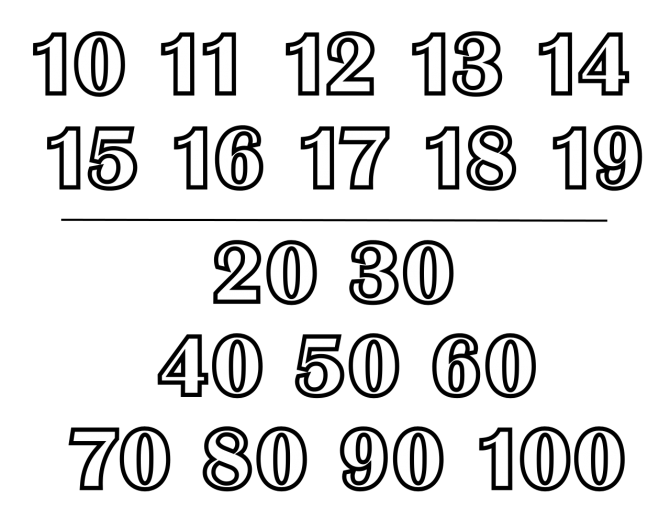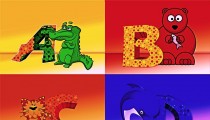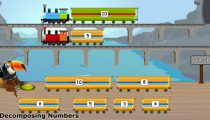As a parent, you likely take pride in passing on…

5 Lessons Color by Number Teaches Your Child
Kids love activities that allow them to be creative, and coloring is arguably one of the most popular artistic pastimes for young children. Research has shown that children enjoy numerous developmental benefits when they participate in arts and crafts, and while coloring on its own can lead to a variety of educational lessons, color by number activities are more advanced and provide enhanced learning opportunities. By better understanding some of the most important lessons that these fun-filled activities will teach your child, you can find ways to incorporate these fun-filled games into his daily activities.
Improved Hand-Eye Coordination
Coloring will require basic hand-eye coordination skills, and color by number sheets will call upon specific concentration while children coordinate the number on the page with what color they actually need to use. These coloring diagrams will require that children color within specified areas with a predetermined color, and keeping the color within a defined area will help to develop hand and eye coordination. Children will learn to hold the marker, crayon, or colored pencil while controlling its movement in a way that will prevent the color from going beyond the outline.
Number and Color Identification
Color by number worksheets are a popular way to introduce your child to both numbers and colors. Your child will learn to recognize and identify numbers and match them to the numbers used to label the crayons, paints, or markers to determine which color to use in each area. While this can help with basic color by number addition and math skills, it can also be useful in exposing your child to different colors. While your child will learn to tell the difference between red, blue, pink, and green, he may also have the opportunity to learn about lesser known shades.
Color by number activities for older children can serve as a great educational tool, especially when it comes to math. Advanced coloring activities can teach kids about addition, subtraction, multiplication, and division, while also providing skills in how to properly use a legend. Not only can these skills help to improve logic and mathematical ability, but they can also be transferred to other crucial life lessons, such as reading and understanding a map.
Focus and Concentration
Coloring activities are popular kindergarten games, and while they can provide ample opportunities for fun, these activities are also extremely important at teaching children about focus and concentration. It is believed that children who spend time coloring have better skills in concentration and focus. Coloring activities will require your child to concentrate not only on the movement of his crayon, but he will also need to focus on the result his coloring is leaving behind on his paper while also ensuring that he is choosing the color that correctly corresponds to the assigned number.
Self Regulation
With traditional coloring sheets, your child will be able to go at his own pace to complete his artwork as quickly as he wants, so the neatness or quality of the end product isn’t a major issue. Color by number worksheets require significantly more patience and self control. Great care is needed to ensure that your child is choosing the right color that corresponds with the number listed on the page in order to finish the project correctly. The end result will be a finished product that your child can feel proud that he accomplished, giving him a heightened sense of confidence and self esteem.
Additionally, there will be times when your child may make a mistake on his page. This can actually provide a valuable learning experience in flexibility that your child can use in other areas of his life. Like many situations, things may not go exactly like we hoped when completing a color by number worksheet, but your child can learn to be flexible and to use his problem solving skills to come with a way to resolve the issue.
Language Development
For young children, art projects provide the opportunity to learn words for shapes, actions, and colors in order to enhance language development. By completing a coloring activity, your child can use descriptive words to discuss what he is creating and the feelings that his artwork has elicited. Coloring pages aid in the development of critical thinking skills, and your child will learn new vocabulary that can be transferred to other areas of his life, improving his performance at school and the quality of his social interactions.



